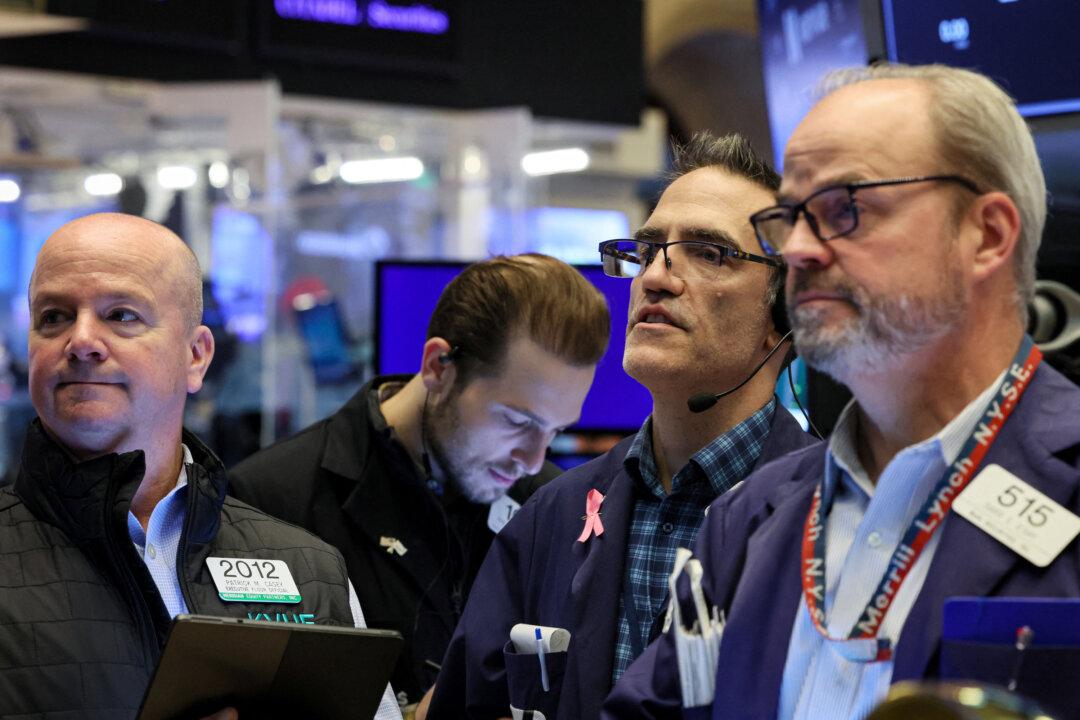Pessimism among American consumers grew in October amid lower expectations regarding business conditions and incomes.
The Conference Board Consumer Confidence Index fell in October for the third straight time, said an Oct. 31 press release detailing the survey results. “Consumers continued to be preoccupied with rising prices in general, and for grocery and gasoline prices in particular. Consumers also expressed concerns about the political situation and higher interest rates,” said Dana Peterson, chief economist at The Conference Board.





